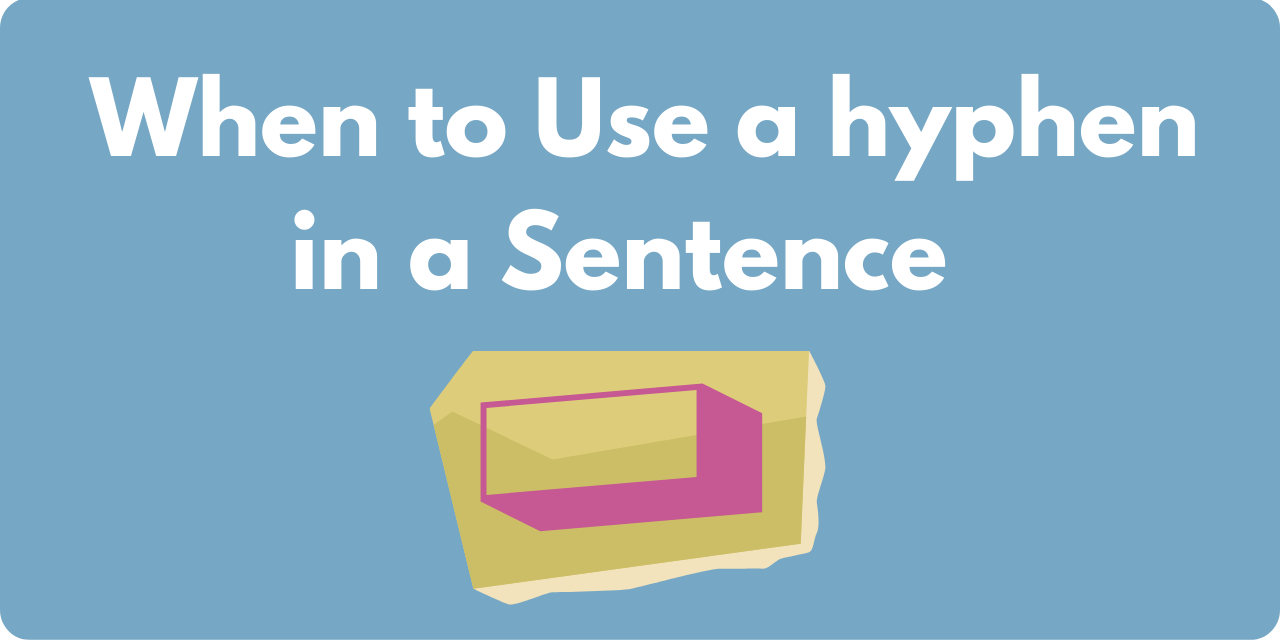A situation where you’ll often have to make a judgment call regarding comma usage is when using the phrase “as well as.” Normally, you don’t need to include a comma before the phrase.
As Well As
“As well as” is a conjunction. It means “in addition to.”
- Please proofread for spelling errors as well as grammatical mistakes.
The example above means that you should proofread for both spelling and grammatical errors. But you can also use “as well as” to create a simple comparison.
- I don’t sing as well as Beyonce does.
The example above means that Beyonce sings better than I do.
Do You Need a Comma Before “As Well As”?
In most cases, you don’t need a comma before “as well as.” Using a comma turns the topic you’re discussing with “as well as” into an aside, or information that’s not as important as the rest of the sentence. This is where the judgment call comes in. You have to decide whether the objects you’re connecting with “as well as” are equally important or not.
- Sally, as well as Sammy, is a stickler for punctuation.
In the example above, “as well as Sammy” is an aside, or something that could be placed in parentheses. When you write the sentence this way, it de-emphasizes Sammy and puts the focus on Sally. Take note: You need one comma before the phrase and one comma after the phrase.
Another thing to note is that the example needs the verb “is” rather than “are.” Even though you mentioned both Sally and Sally, the phrase “as well as” doesn’t function the same way “and” does. “As well as” doesn’t create a compound subject.
If the portion about Sammy is important to the sentence, it’s best to eliminate the commas and swap out “as well as” for “and.”
- Sally and Sammy are sticklers for punctuation.
When making a simple comparison, never use a comma.
- Incorrect: I don’t sing, as well as Beyonce does.
Related: Commas With “And”
Synonyms:
Some synonyms of this conjunction are:
- counting
- along with
- among other things
- in addition to
- in conjunction with
- inclusive of
- made up of
- not to mention
- plus
—
If you want to master punctuation, please consider our course “Punctuation for Professionals”






